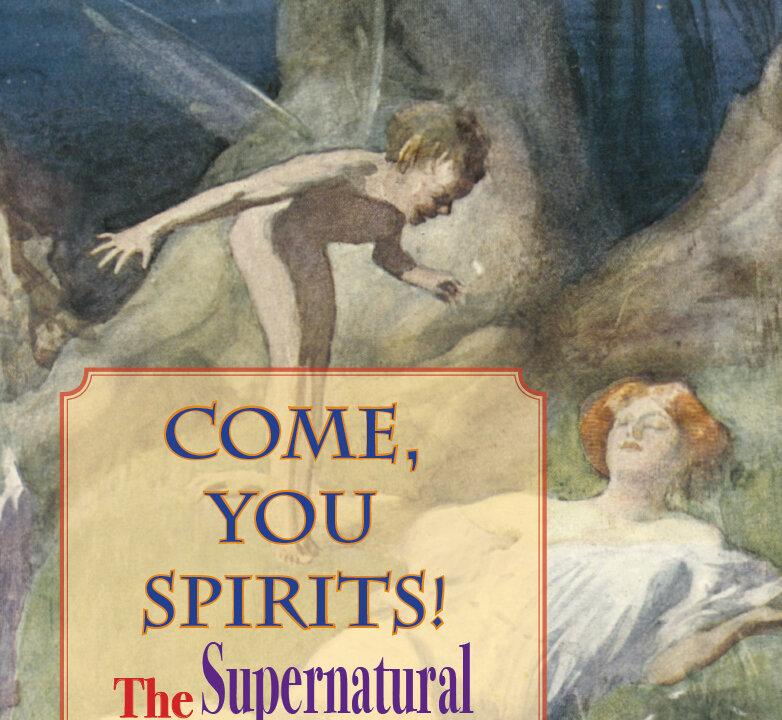NEWBURGH—“Shakespeare knew how to make a good story and how to draw in an audience,” says Joanne Zipay, co-author of “Come, You Spirits! The supernatural World of Shakespeare.”

Joanne Zipay, co-author of "Come, You Spirits!" Courtesy of SUNY Orange

NEWBURGH—“Shakespeare knew how to make a good story and how to draw in an audience,” says Joanne Zipay, co-author of “Come, You Spirits! The supernatural World of Shakespeare.”
